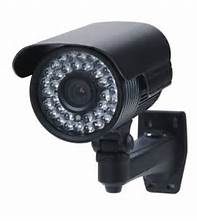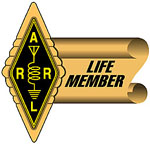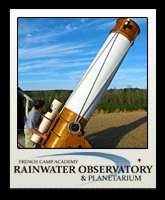Navigation
Alerts
External Links
| Date: |
| Apr-02-2025 |
| Wednesday |
| Day of Year: |
| 92 |
| Days Left: |
| 273 |
| Sunspots Yesterday |

|
| 158 |


 Mt Washington Wx CAM Mt Washington Wx CAM |
| NFDRS |
| Fire Danger |
 |
| Covington |
| Click Image |
| Ellisville |

|
| 78°F 77% CBI: 2 |
| LOW |



CWOP AU084
aprs.fi
aprs.if- Weather

Pass Phrase Generator
Like a complex password, a passphrase can also contain symbols, and does not have to be a proper sentence or grammatically correct. The main difference of the two is that passwords do not have spaces while passphrases have spaces and are longer than any random string of letters. Passphrases are easier to remember than a random of symbols and letters combined together. It would be easier to remember a phrase from your favorite song or your favorite quotation than to remember a short but complicated password. Passwords are relatively easy to guess or crack by both human and robots. The online criminals have also leveled up and developed state of the art hacking tools that are designed to crack even the most complicated password.
Fill in the number of phrases (up to 100), number of words to use, and the number of Bits. The Bits will auto-fill from the number of words. Then press Generate to fill the Pass Phrases box with phrases. The phrases are generated from a pseudorandom seed. You can enter your own Seed, or press the New Seed button to create a new Seed. The list of pass new Pass Phrases are created from the Seed. If you create your own Seed, it must be long and random.
Each line of phrases will start with a number if the Number box is checked. It will use all Upper Case letters if that box is checked. If the box Include Signatures is checked, a list of the signatures will be produced using the selected algorithm. Some password validation programs require signatures rather than the phrases to conserve memory and and make the original phrases more secure so as not to reveal the original phrases.
If you set Words to 2 and check Upper case, the results are excellent candidates for codenames for operational missions, for example, “SEAWARE BOWSHOT”, “UNSHAPEN SPARE”, “MAHOGANY KINDLY”, or “LINSEED SMOKY”.
Words and Bits
This is how the number of words in a pass phrase
and the corresponding number of bits in an encryption are
created. The dictionary contains 27489 common English words,
so the word is selected randomly from the dictionary by its
order in the dictionary, from 0 to 27488. Or the formula is:
log2(27489)≈14.75 bits per word.
When you modify the number of Words, the
Bits field shows the number of bits (rounded down) equal to the length
of the Words. If you select a key of a number of
Bits, the Words field
will produce a key with at least that number of bits, The
Bits field shows the
exact bit equivalent that is equal to or greater than the number of
Bits requested. You should
use keys with information content of 256 bits or more. This is equal to
18 word phrases.
Signatures
If the Include Signatures box is checked, the list of pass phrases will be followed by a table of their digital signatures, computed using the MD5, SHA-224, or SHA-256, algorithms, as selected from the list. If you're using the pass phrases for authentication in a computer application, you may wish to store only the signatures on the computer. The nature of signature algorithms make it difficult, even if a signature is known, to construct an input which will reproduce that signature. If just the signatures are stored on the computer, even if the list of signatures were compromised, potential attackers would have a daunting task of recreating pass phrases which matched the signatures.
